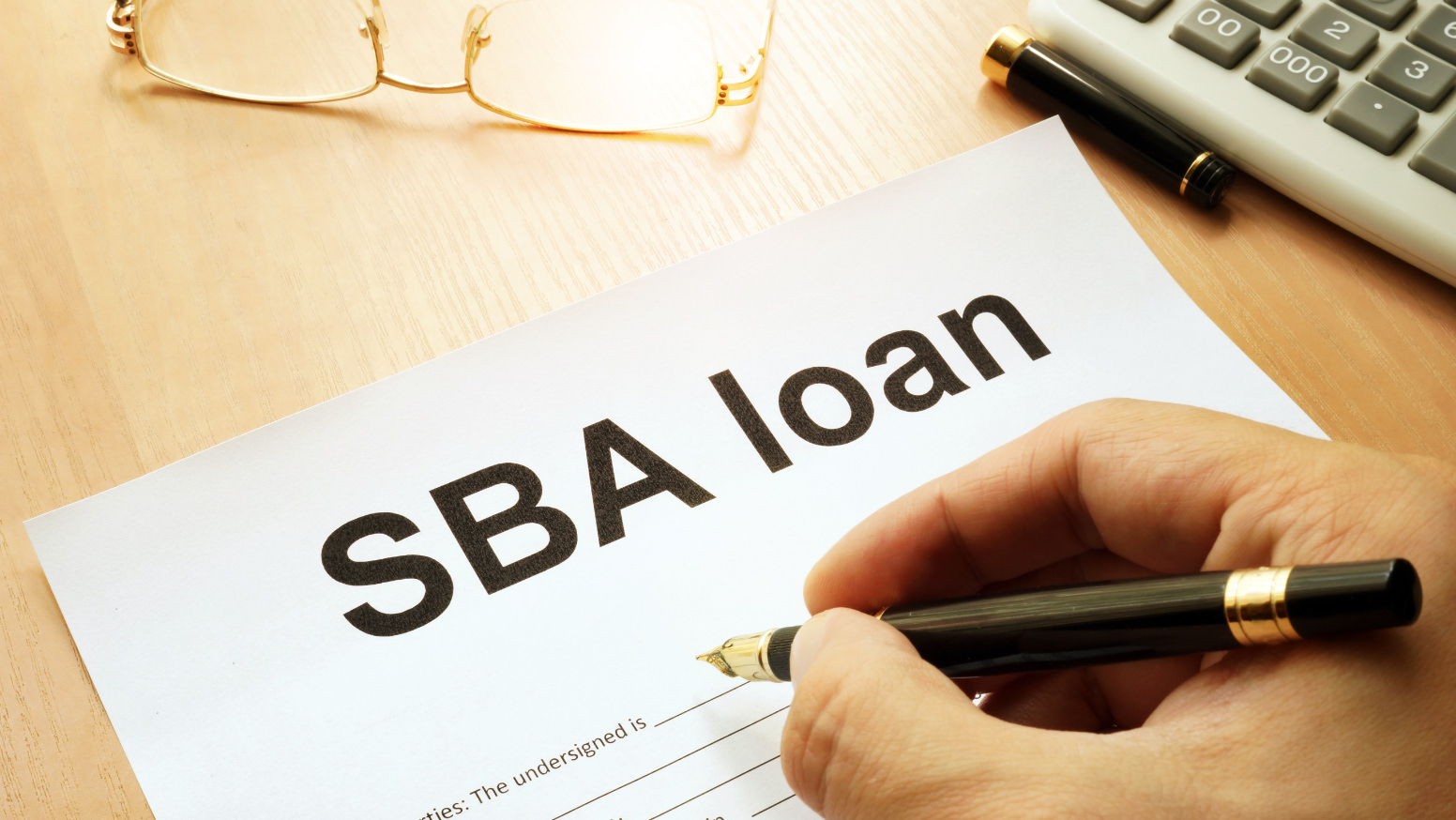Owners with at least least a 20% stake in an SBA loan financed business will be required to execute a personal guarantee. This means that, as an owner, you are promising to pay the SBA lender and/or the government in the event the Borrower (your business) defaults and can no longer make the loan payments. If you believe your business is in trouble, SBA debt relief options may be available that could release you from your personal guarantee, including:
(i) a loan assumption under which a third-party takes over your business and your SBA loan (in such instances you may be able to negotiate a release of your personal guarantee, but this is not automatic);
(ii) a sale of your business assets to a bona fide third-party for value followed by an offer to settle the remaining balance due – known as an SBA Offer in Compromise; and
(iii) a SBA loan modification, if your business can be saved by change in your loan terms. The SBA lender may agree to an SBA loan modification adjusting the balance, loan payment, term or the interest rate of your loan.
If you fail to honor your personal guarantee, the SBA lender can file suit against you in a court of law to collect the debt. Even if the SBA lender chooses not to do so, the SBA can also choose to do so, or the SBA may simply refer your SBA debt to the U.S. Treasury for collection through the administrative offset process. Once in Treasury, you may be subject wage garnishment as well. Therefore, if your business is failing, it essential that you understand your SBA debt relief options.
Get ahead of the problem before your SBA lender begins the SBA loan default and SBA collections process without hearing from you.

